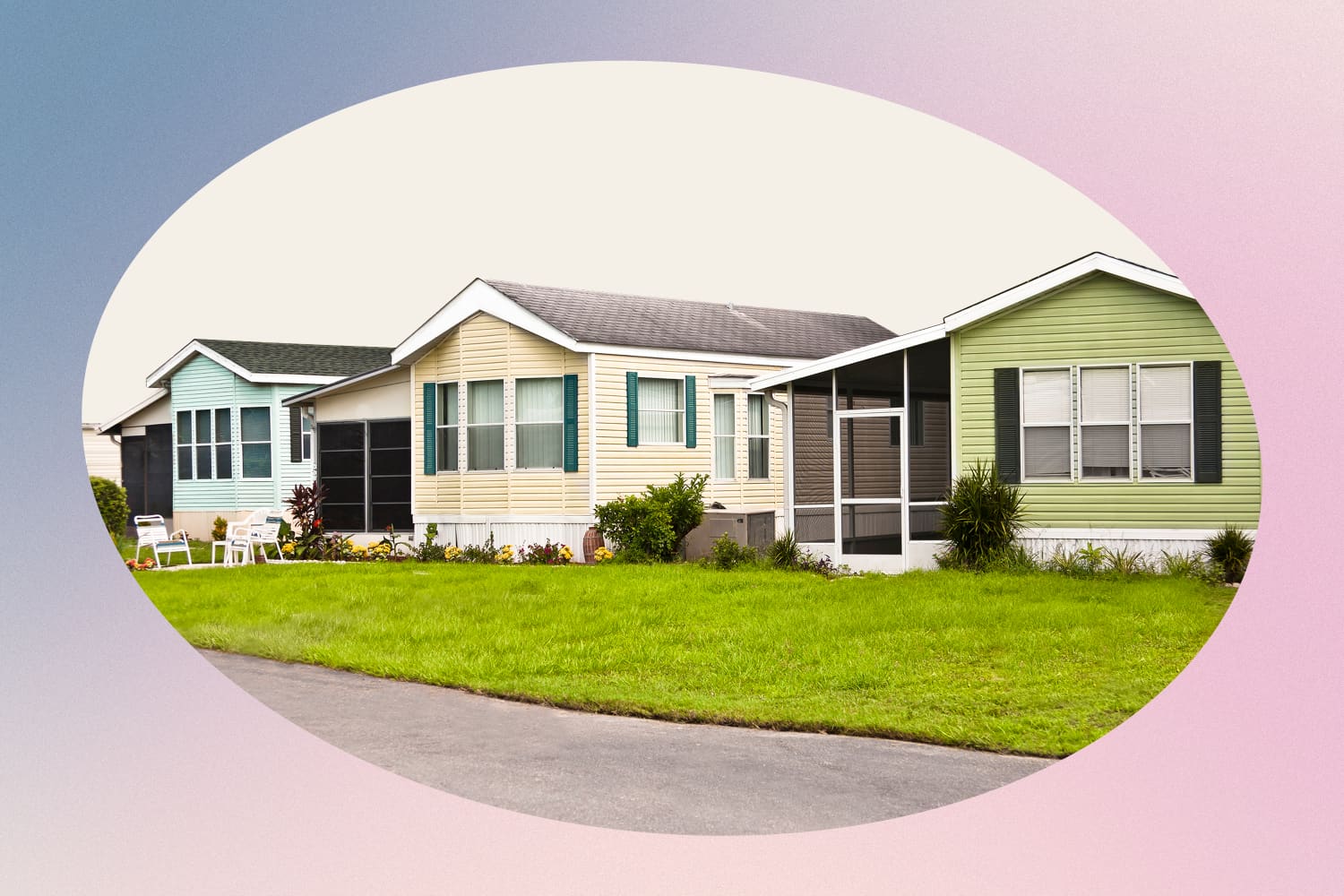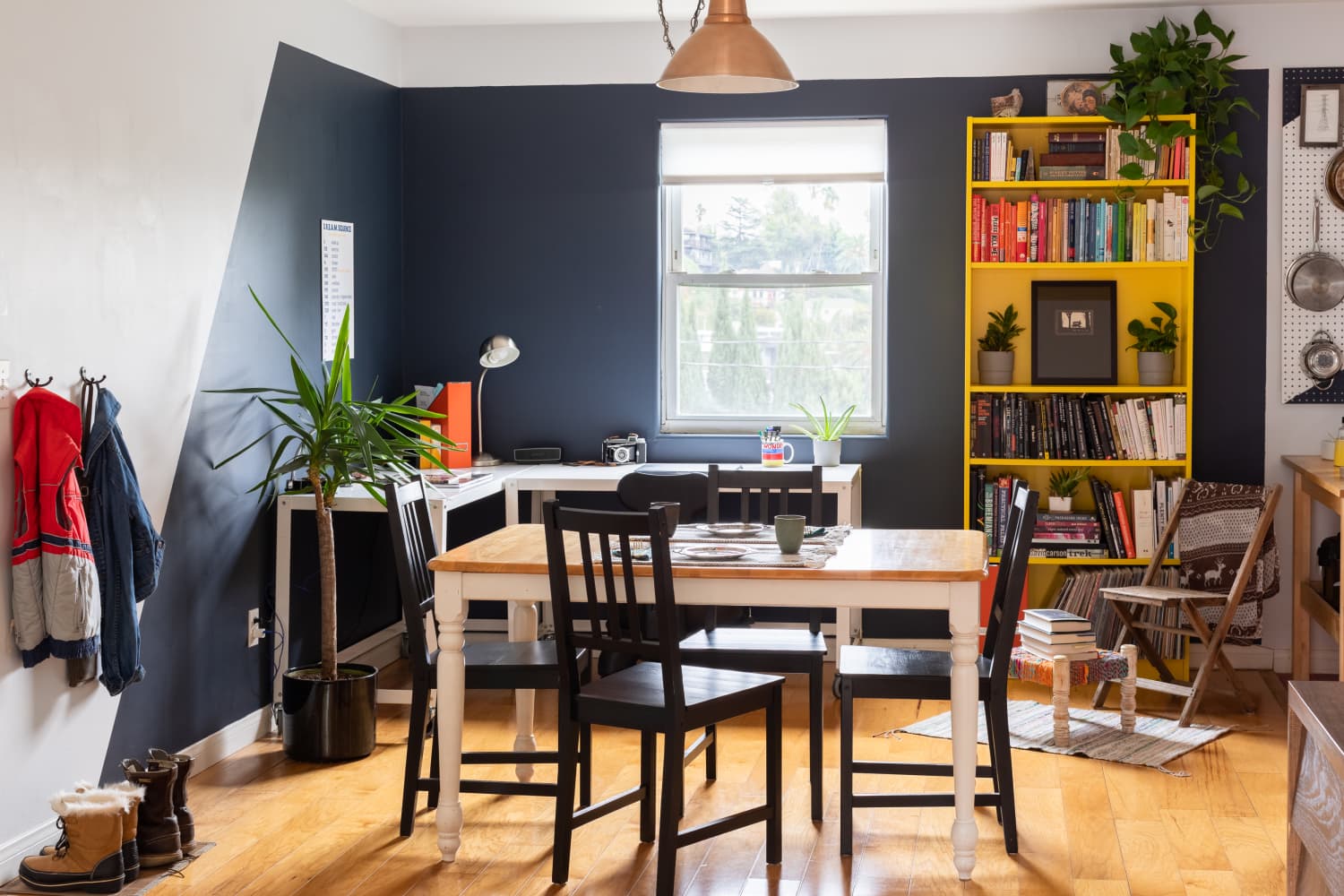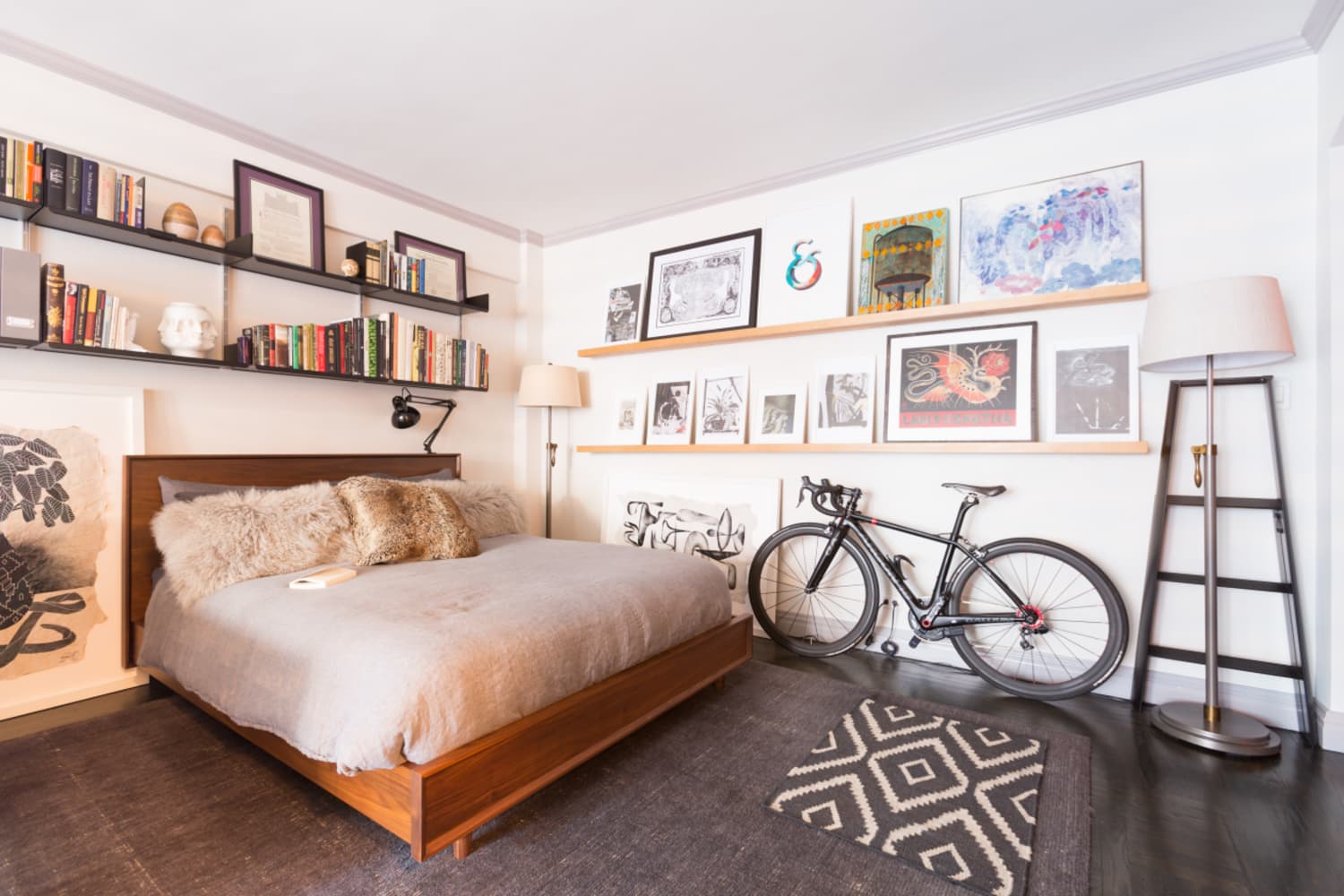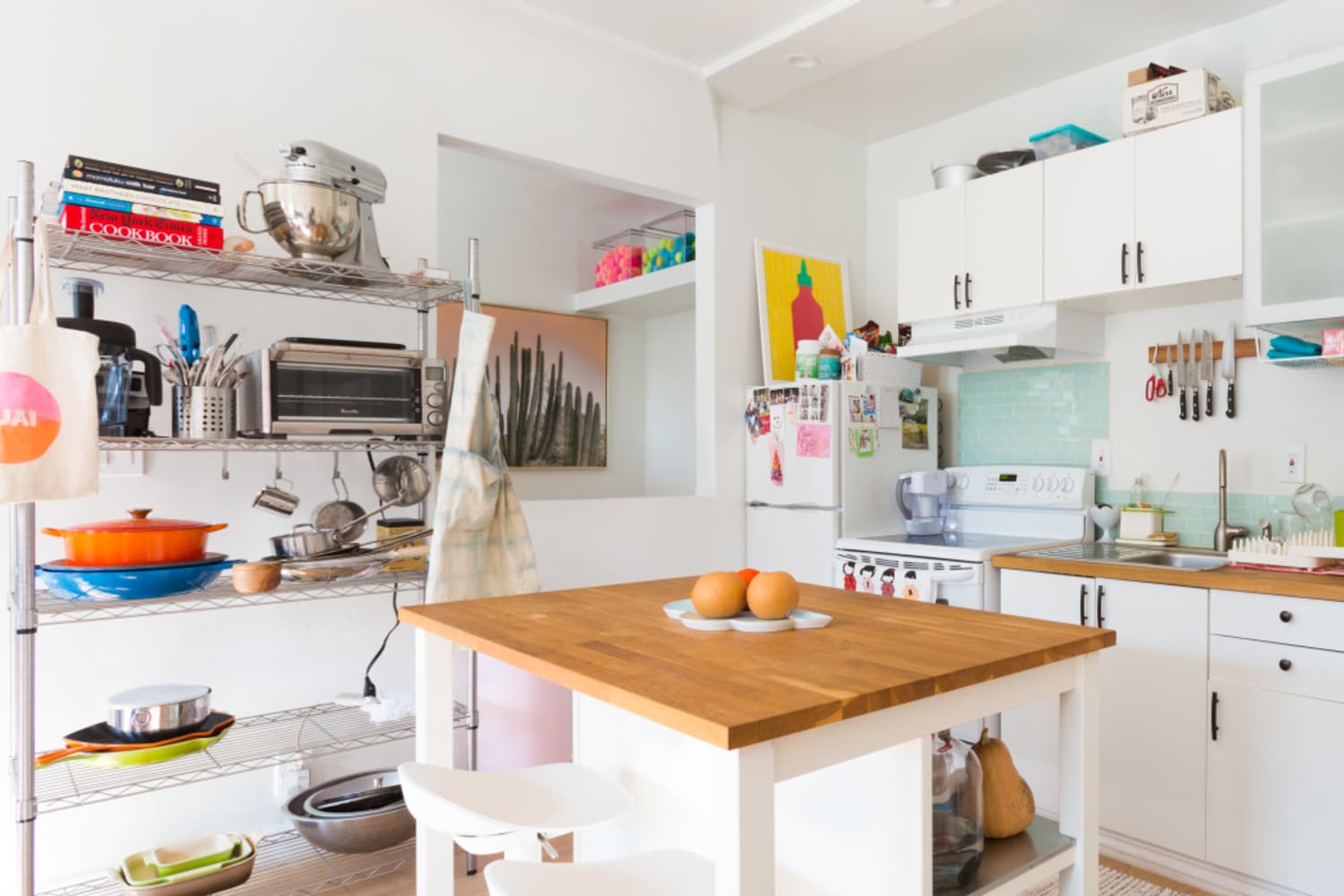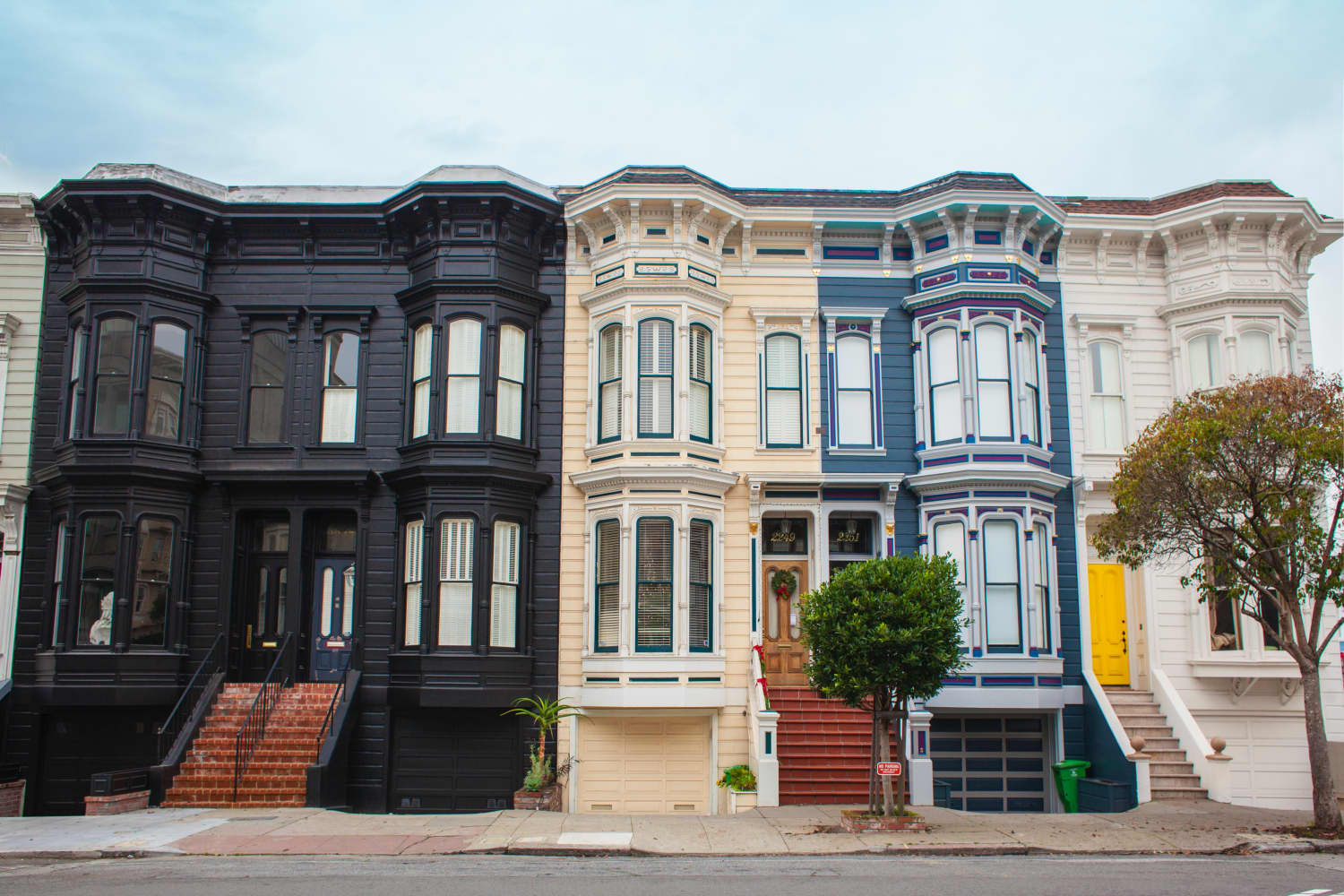Rent Prices Are on the Rise Across the Country — Here’s What You Need To Know
If you’ve shopped at a grocery store or filled your car with gas lately, you’ve likely experienced some amount of sticker shock. Inflation is skyrocketing, which means we’re paying higher prices on just about everything. And if your lease is up for renewal or you’re hoping to move into a new apartment soon, you may … Read more




